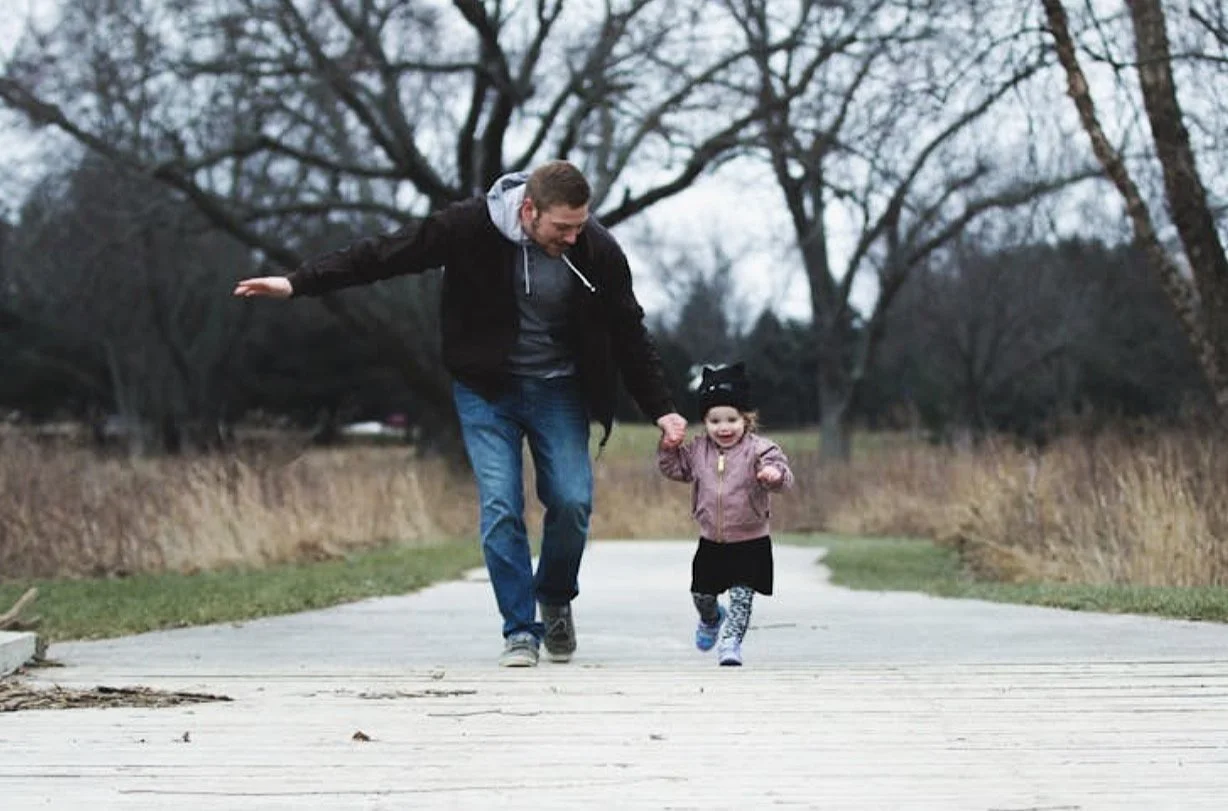In this blog, we’ll explore various types of play and how each one supports a child’s development in unique ways. Whether it’s running around outside, engaging in imaginative storytelling, or playing independently, each form of play helps children learn and grow in important ways.
Movement not only helps release built-up stress but also improves mood, increases resilience, and promotes relaxation. In this blog, we will explore the connection between exercise and anxiety relief, the types of movement that can be most beneficial, and practical ways to incorporate exercise into your routine.
In this blog, we will delve into common challenges couples face when managing money, explore different spending styles, and discuss strategies to navigate financial differences in a way that brings you closer as a couple and builds trust in your partnership.
In this blog, we’ll explore what defines normal sibling conflict and how it supports children's development of social skills and emotional self-regulation. We’ll also highlight signs of more concerning behavior, how to address underlying issues, and ways to better understand your children's perspectives. Navigating sibling dynamics isn’t always easy, but you are not alone—support is available for you and your family.
The pressure of endless deadlines, managing responsibilities, and supporting both ourselves and others can create a cycle of stress, anxiety, and frustration. In this blog, we’ll share five practical tips to help lighten the weight of exhaustion, allowing you to care for your mental and physical health without missing a beat at work.
Read MoreChildren, highly attuned to their parents' well-being, can absorb this stress, affecting their own emotional security. The good news? Prioritizing self-care and seeking support not only helps you but also strengthens your child’s sense of stability and connection. In this blog, we’ll explore how parental burnout persists, how it affects children’s well-being, and how to take action to receive the support you need.
Read MoreThe strongest relationships aren't those free from conflict, but those where partners know how to navigate disagreements and reconnect afterward. In this blog, we will explore strategies for coming back together after an argument, focusing on self-awareness, reflection, and commitment to fostering a stronger bond.
Read MoreWhether it stems from societal expectations, personal insecurities, or comparing ourselves to others, the pressure to be a "perfect" parent can feel overwhelming. In this blog, we explore four key strategies to help you let go of guilt and thrive in your role.
Read MoreIn this blog, we’ll delve into the common barriers that hinder couples from embracing vulnerability and explore small, practical steps to overcome them.
Read MoreIn this blog, we will explore ways to identify and address social struggles in children while fostering their emotional resilience and self-esteem.
Read MoreLetting go of perfectionism is a practice of self-compassion, one that invites us to embrace our imperfections and find beauty in the journey, not just the outcome. In this blog, we will drive into how perfectionism is often linked to anxiety, and how to break free from its disruptive cycle.
Read MoreIn this blog, we will explore the complex aspects of grief, discuss ways to honor your passed loved ones, and consider how to incorporate their memory into new family traditions, rather than creating separate ones that shift after their loss.
Read MoreCertain conversation patterns—whether it’s shutting down, jumping to conclusions, or resorting to defensiveness—can derail even the most well-intentioned discussions. Healthy communication isn’t just about resolving conflicts—it’s about creating a space where both partners feel safe, valued, and truly heard. Let’s dive in.
Read MoreMorning anxiety isn’t just “waking up on the wrong side of the bed.” It’s a physical and emotional response that can include racing thoughts, a pounding heart, tightness in the chest, nausea, or uncontrollable worry—all before your feet even touch the floor. In this blog, we’ll explore why anxiety often peaks in the morning, practical strategies to ease its grip, and how to design a morning routine that builds resilience against anxiety’s disruptive influence.
Whether you're gathering with younger children to discuss rules, responsibilities, and feelings, or convening with your adult siblings and in-laws to navigate shared family dynamics, these meetings provide a structured space for everyone to share thoughts, voice concerns, and work towards common goals.
Read MoreAs the calendar flips to January, many of us feel a swirl of emotions. The start of a new year often brings hope and excitement, but for many, it’s also a time of heightened anxiety. Ever wonder why this happens? Let’s dive right in!
Read MoreLike dancers learning to move in sync, parents and in-laws must carefully navigate their shared space. One step too close, and toes get stepped on. Too far apart, and the connection suffers. It's finding that perfect rhythm—where grandparents can shower their grandchildren with love while respecting the parents' lead in raising their kids.
Read MoreLet me invite you into a conversation about the forgotten art of being alone – because sometimes, the most profound act of self-care isn't reaching out, but reaching in. In this blog, we'll unravel solitude's true nature.
Read MoreWhether you're taking your first tentative steps toward self-care or rebuilding your relationship with it, you'll find no judgment here – only understanding, practical strategies, and encouragement.
Read MoreHuman connection is a fascinating force—it’s at the core of our relationships, shaping how we interact, feel, and grow together. But what really drives these connections?
Read More




















